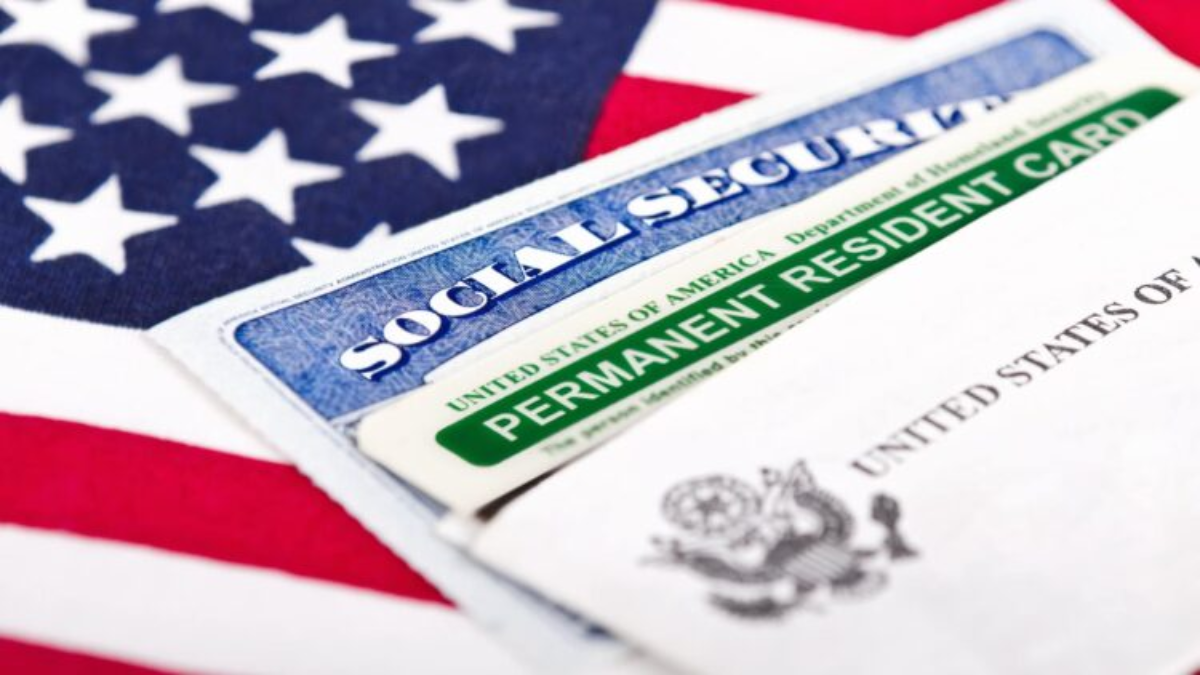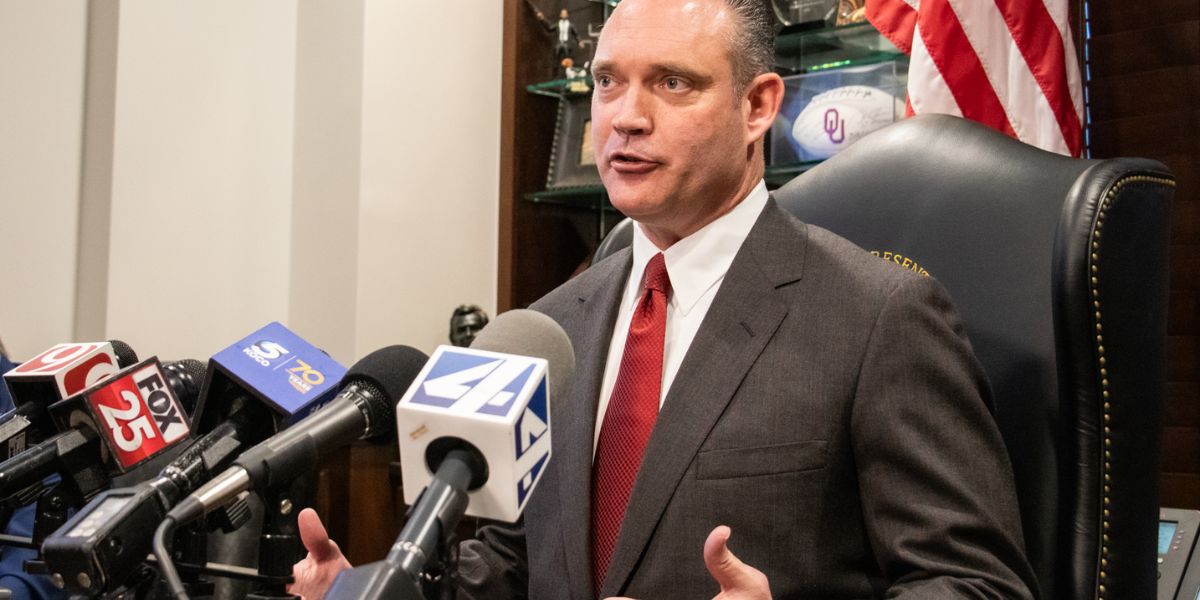Oklahoma Latino Caucus Challenges New Bill on Illegal Immigration
OKLAHOMA CITY – On Tuesday, members of the Oklahoma Legislative Latino Caucus expressed opposition to a recent bill addressing illegal immigration.
House Speaker Charles McCall, R-Atoka, and Senate President Pro Tem Greg Treat, R-Oklahoma City, are the authors of a bill aimed at curbing illegal immigration.
House Bill 4156, which was unveiled last week, could be considered this week in the House. Anyone caught illegally entering the state would risk a misdemeanor charge and a $500 fine. Violators would have 72 hours to leave the state.
A second violation is a felony punishable by a $1,000 fine and up to two years in jail.
Rep. Annie Menz, D-Norman, stated that Oklahoma has long had a large population of undocumented immigrants who live, work, raise families, and pay taxes. Rep. Arturo Alonso-Sandoval (D-Oklahoma City) stated that the community is filling key positions in hospitality, agriculture, and construction.
“Not only that, but it’s a community that pays millions of dollars of taxes every single year towards benefits they will never see,” Sandoval went on to say. Oklahoma should develop solutions rather than adopting “reactionary measures” from other states to achieve political advantage during an election year, he added.
Senate Bill 2 was passed in Texas in 2023, and it allows law police to arrest illegal immigrants. It is currently being challenged in court. Sandoval said the Oklahoma measure targets migrants, represents a dramatic extension of police power, and might lead to profiling.
According to Sen. Michael Brooks, D-Oklahoma City, foreign labor accounts for 7% of the state’s workforce in hard-to-fill jobs. Brooks stated that he had developed legislation over the last two years that would enable the state to succeed when the federal government has failed to solve critical issues.
He stated that it included provisions that would allow individuals to obtain a state ID or driver’s license if they met certain requirements, such as paying state and federal income taxes, verifying their identity with the state, registering their address, and submitting a fingerprint to the largest law enforcement database in the United States.
“These are real solutions that would move our state forward economically and address public safety concerns,” he went on to say.









